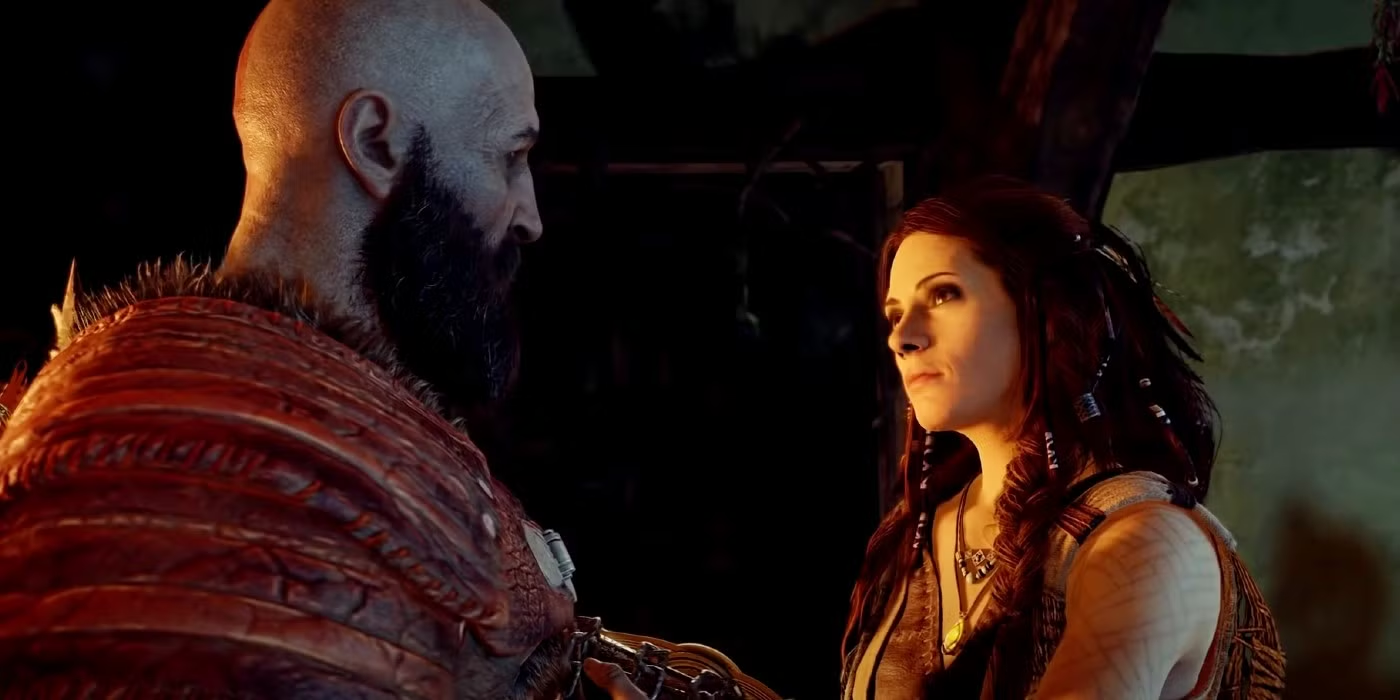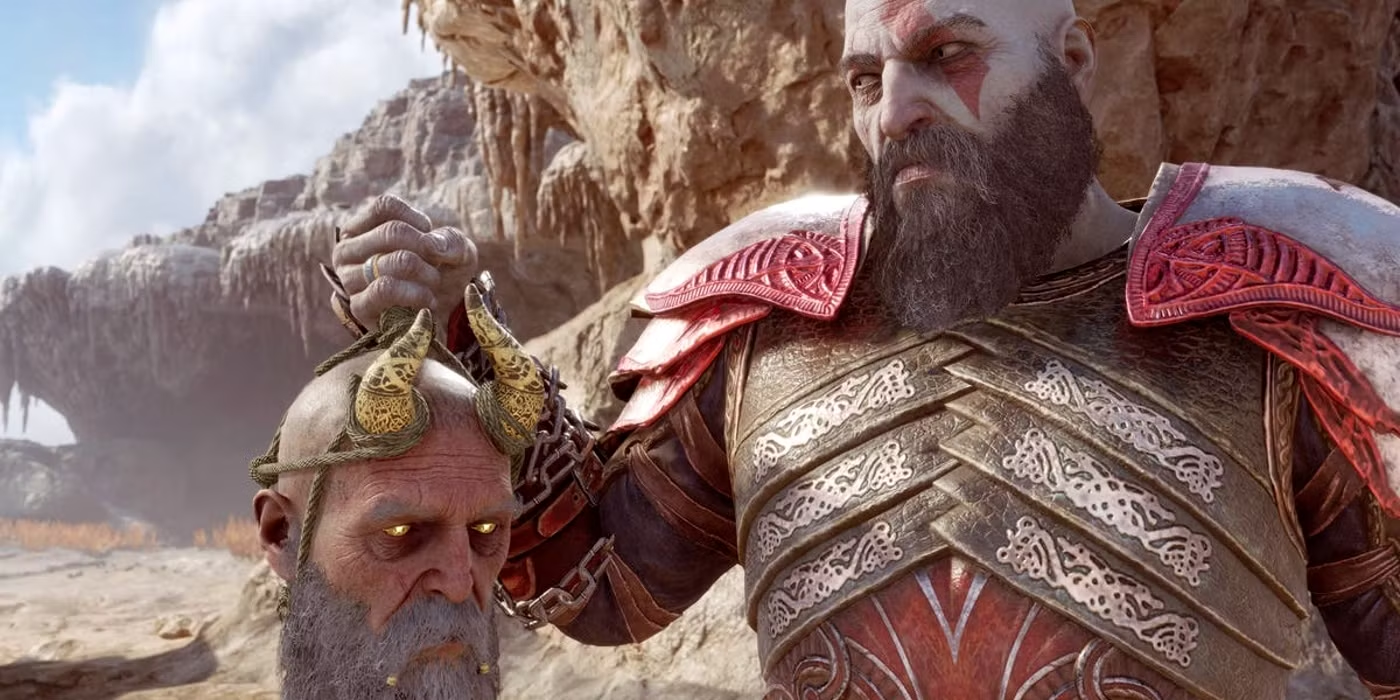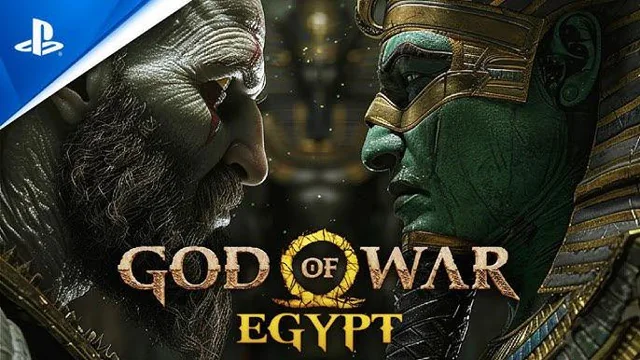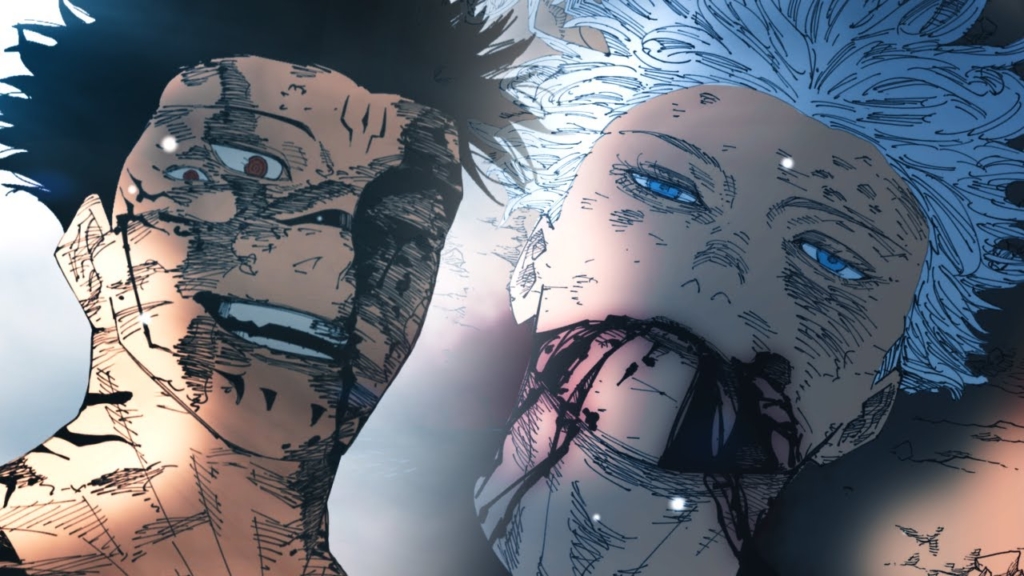The Norse saga of God of War may have concluded with the emotional weight of Ragnarök, but fans already sense the next frontier: Egypt. While Santa Monica Studio hasn’t officially confirmed the new pantheon Kratos will step into, teasers and in-game hints suggest a shift toward the land of pharaohs, pyramids, and gods of balance and chaos.
Here’s a deep dive into what could come next—and how the story might evolve.
1. Atreus’ Solo Journey — His Return in Egypt?
At the end of Ragnarök, Atreus decides to part ways with Kratos to find the other giants and discover more about himself. This sets the stage for him to mature independently, possibly encountering Egyptian deities or even discovering that some giants had fled there centuries ago.
An emotional and dramatic reunion could take place in Egypt—one where Atreus returns older, wiser, and maybe even conflicted due to what he experiences in his journey. He may no longer be “the boy” but a powerful god-walker in his own right.
2. Freya After Baldur and Freyr — Where Does She Go?
Freya’s story arc took a massive turn. After forgiving Kratos for Baldur’s death and losing her own brother Freyr in the battle against Odin, she’s left with a decision:
- Rebuild Vanaheim and restore her people
- Or accompany Kratos on his new path
Given the depth of her bond with Kratos post-Ragnarök, and her experience with magic and war, it’s entirely plausible she chooses to follow him. Freya could bring mysticism and diplomacy to a pantheon that respects magic (like Egypt’s) and act as a bridge between the old Norse gods and new forces in Egypt.
3. Mimir’s Wisdom in a New Realm
Mimir, the wise (and often hilarious) head, is unlikely to stay behind. As Kratos’ most trusted advisor, he may bring crucial knowledge about Egypt’s gods—possibly knowing of past conflicts or alliances between mythological realms.
His presence will be invaluable in understanding the structure and danger of the Egyptian pantheon, known for its harsh balance of order (Ma’at) and chaos (Isfet). Expect more riddles, banter, and insight from the smartest head in any realm.
4. Kratos’ Purpose — What Could Drive Him to Egypt?
Kratos no longer seeks war for the sake of it. After being painted as a benevolent figure in the new mural depicting him as a savior of realms, he may be on a mission to prevent future apocalypses across other mythologies.
Possible objectives:
- Preserve Balance: He may be summoned to prevent a disturbance in Egypt’s balance between Ma’at and Isfet.
- Fate’s Warning: The Norns hinted Kratos’ story doesn’t end in Norse lands. Egypt may be a calling by fate or consequence of his legacy.
- A New Threat: The Egyptian gods might see Kratos as a disruptor—someone whose god-killing nature must be stopped before he threatens them.
- Tyr’s Clues: With Tyr now free and familiar with other mythologies, he could guide Kratos toward Egypt, hinting at unrest brewing in the sands.
5. What Makes Egypt a Rich Setting for the Franchise
The Egyptian pantheon is filled with complex deities who represent duality—life and death, order and chaos, desert and river. Gods like Anubis, Horus, Set, Ra, and Thoth offer layers of moral ambiguity and conflict that fit perfectly with Kratos’ introspective journey.
Expectations for Egypt:
- Puzzles in Pyramids and Tombs
- Duels with jackal-headed and falcon-eyed gods
- Internal conflict over being a destroyer vs protector
- Kratos learning from a pantheon less aggressive, but deeply strategic
6. What Else Could Be Explored?
- A Parallel God-Killer Exists in Egypt: What if Egypt has its own “Kratos” figure? A mirror image or rival who’s been keeping balance in the region and sees Kratos as an invader.
- Past Egyptian Ties with Norse or Greek Mythology: Lore connections like ancient trade between realms or mythological overlaps could come into play.
- Egyptian Giants or Lost Norse Artifacts in Egypt: Atreus’ journey may uncover artifacts or knowledge linking the worlds.
Final Thoughts
While we wait for official confirmation, the clues are too compelling to ignore. The thematic, mythological, and character-driven possibilities of God of War in Egypt offer both fresh terrain and deep emotional storytelling. From Kratos’ continued evolution to Atreus’ growth, to Freya and Mimir’s roles—Egypt might not just be another battlefield, but the final test of Kratos’ legacy as a god of peace and war.



